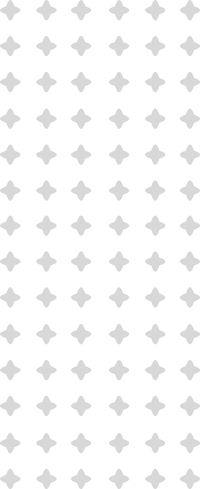Pricing & FAQ
These courses cover essential concepts such as camera operation, exposure, composition, and lighting. They are ideal for beginners who want to learn the fundamentals of photography.
Specialized Techniques
Pricing
Courses on specialized techniques such as macro photography, astrophotography, drone photography, and underwater photography cater to photographers interested in niche areas of the craft.
Monthly
$49
/Month
- Course Learning Checks
- Course Discussions
- Exercise Files
- Offline Viewing
- Full Lifetime Access
- Certificate of Completion
Annual
$485
/Year
- Course Learning Checks
- Course Discussions
- Exercise Files
- Offline Viewing
- Certificate of Completion
- Full Lifetime Access
Extended
$99
/Month
- Course Learning Checks
- Course Discussions
- Exercise Files
- Offline Viewing
- Full Lifetime Access
- Certificate of Completion

Have Any Questions?
FAQ's
To protect your photographs from theft or unauthorized use, consider watermarking your images, adding copyright information to metadata, using digital rights management (DRM) tools, and monitoring your online presence for infringements. Additionally, you can register your images with copyright authorities for legal protection.
What is photography?
Photography is the art and practice of capturing images using a camera. It involves controlling factors such as exposure, composition, lighting, and focus to create visually appealing and meaningful photographs.
What types of cameras are available for photography?
There are various types of cameras available, including DSLR (Digital Single Lens Reflex), mirrorless cameras, point-and-shoot cameras, and smartphone cameras. Each type has its own features, capabilities, and advantages.
What is the difference between JPEG and RAW file formats?
- JPEG is a compressed file format that reduces file size by discarding some image data, while RAW is an uncompressed file format that retains all the data captured by the camera sensor. RAW files offer more flexibility for post-processing but require specialized software for editing.
How do I improve my photography skills?
Improving photography skills requires practice, experimentation, and continuous learning. You can enhance your skills by studying composition techniques, mastering camera settings, exploring different genres of photography, seeking feedback from others, and analyzing the work of accomplished photographers.
What are the essential camera settings for beginners?
Essential camera settings for beginners include aperture, shutter speed, and ISO. Understanding how these settings affect exposure and image quality is fundamental to mastering photography.
What is aperture and how does it affect photos?
Aperture refers to the opening in the lens through which light passes to reach the camera sensor. It affects the depth of field in photos, with larger apertures (smaller f-stop numbers) resulting in a shallower depth of field and blurred background, while smaller apertures (larger f-stop numbers) increase depth of field, keeping more of the image in focus.
